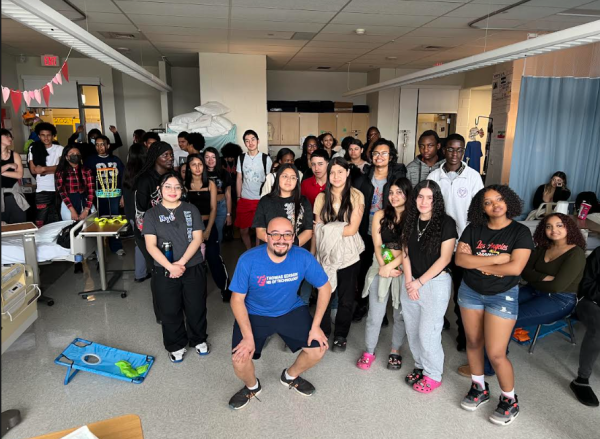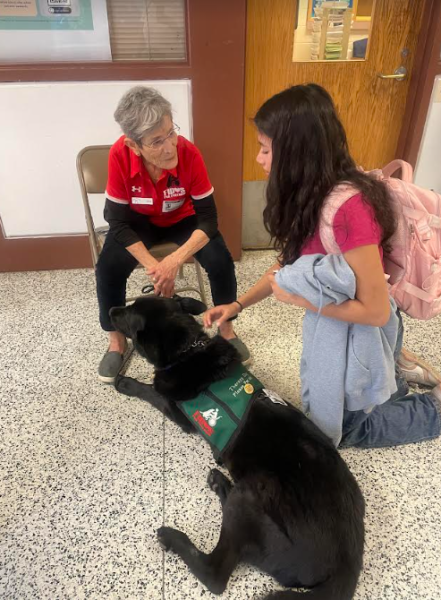Mental Health and Depression in Teens: What We Know So Far
Mental health has become an increasingly discussed issue, not only in Montgomery County, but in communities all across the country. Throughout the past month alone, several incidents of teen suicides have been reported in Montgomery County. The vast majority of tragedies like these are often the result of depression or mental illness. These issues have caused many in our community to worry, and have increased the initiative to start looking into mental health issues and solutions for teenagers. There are a variety of solutions and methods that are used to combat mental illness and depression in teens. Here are some of the more common ones:
Red Flags
The issue of teen-suicide is a fairly well-known one, but what many aren’t as certain of are ways to help prevent it. Most of us are familiar with the notion of ‘red flags’, indicators that someone may be dealing with depression, or harboring suicidal thoughts. Common red flags include: withdrawal from normal activities, a loss of interest in things one may have enjoyed in the past, and overall changes in emotion. Disturbed sleep patterns, or significant drops in grades in a normally well-performing student are both frequent indicators of depression. An attempt at isolation from the outside world is also a common red flag among distressed teens. If one mentions often that they feel as if they’re a burden to others, or as if their life lacks a purpose, there’s a good chance that they’re struggling and need help. Overall, the most effective way to determine if one needs help is to look out for and observe these signs.
Most often, these changes in behavior are observed by close family or friends. While it’s essential that these people are looking out for those who are close to them, a good number of victims of depression don’t have that type of support system. This is why it’s necessary to look out not only for those close to you, but also distant friends, colleagues or schoolmates.
Dismissal of Emotions
Another ongoing issue in many families is the dismissal of teenage emotions. In many cases, a parent or adult will see their child acting out or misbehaving, and will dismiss it as just normal teenage behavior. However, in many of these circumstances, there are underlying reasons for why the teens are acting this way.
Melissa Smith, a clinical psychologist in Montgomery County, describes how many teens come to her complaining about the pressures that are put on them as students. She says even some middle schoolers describe how they feel as if everything they do in school determines what colleges they go to, and how well they will thrive in the future. Smith explains that many children she talks to are afraid of making mistakes. She advocates that parents need to emphasize to their children that mistakes are okay, and are simply a part of the process of learning and growing. Smith also encourages parents to routinely show their children affection, and to check up on them as frequently as possible. While some changes in emotion are expected as teenagers age and mature, not all of them are normal. This is why it’s crucial to attempt to understand why teens act certain ways.
Access to help
Seeking adult help is often something that many suffering from depression are hesitant to do. In many circumstances, one who is suffering from depression confides in someone they trust. If, when confided in, friends are told to keep everything in confidence, then they may feel as if informing others about someone’s situation is a betrayal of trust. These people clearly want what’s best for their friend, but they don’t want to lose a friendship. In response to this, it’s important to emphasize that it’s worth losing a friendship, if it means saving a life.
As members of the Montgomery County community, there are a variety of ways we can help those struggling around us. Reaching out to someone who may seem distressed, or simply checking up on someone you haven’t spoken to in awhile, are great ways of doing this. It may seem not a big deal, but just the knowledge that someone is there for you and supports you, can make a huge difference. It’s also essential to raise awareness of ways that people who are struggling can seek help. Social media and school websites provide great ways to branch out and reach a large body of people. Many public services like the National Suicide Prevention Lifeline, the Montgomery County 24-hour Crisis Center, and online therapy courses are available. It is imperative that we promote awareness of these resources.
Springbrook has a great counseling department that is trained and ready to respond to your needs with compassion and discretion. Springbrook also has Sources of Strength, a group for peer leaders who want to help other students . They meet on the 1st and 3rd Friday at lunch in room E108.
In light of the recent tragedies in Montgomery County, our hearts go out to the families and friends of Jordana Greenberg, Thomas Silva, and Jamal Nganga. We also acknowledge past students who have taken their lives and recognize those today struggling with the same issues. Going forward, The Blueprint encourages everyone to strive to do their best to help our communities and to prevent tragedies like these from taking place.















